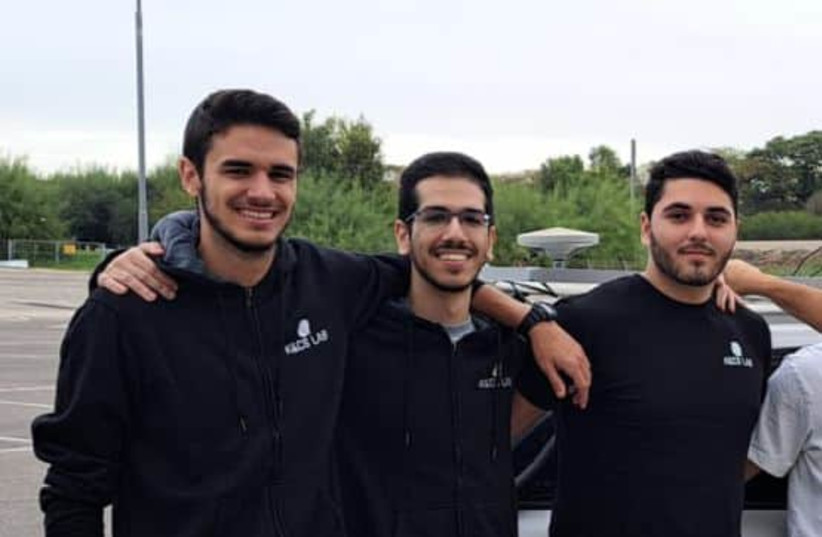Researchers at Ariel University led by Prof. Beaz Ben Moshe are working on using cheap drones to perform complex tasks that require the most cutting-edge hardware, the university said on Thursday.
In order to guarantee a mix of researchers from different fields and with different degrees, Ben Moshe held a group competition for students at the Department of Computer Science and the Faculty of Engineering involving small autonomous drones.
"I believe in combining researchers from a variety of fields of thought and ranking different degrees, starting with bachelor's, master's and doctoral students, to produce original and diverse research," she said.
The small autonomous drone competition at Israel's Ariel University
As part of the contest, the teams had to develop an efficient algorithm to enable the drone to navigate a complex course autonomously. The team whose drone completed the most laps of the course over a five-minute period won.
Each team received a small drone weighing under 100 grams. They each had to develop their own software system.

“I believe that making the subject accessible to male and female undergraduate students will intensify interest in the subject and arouse great curiosity in the student audience, who are the next generation of future research.”
Prof. Beaz Ben Moshe, Ariel University
Sa'ar Tovihu, Alon Barak and Eyal Hagi, students at the Department of Computer Science, won first place in the competition for developing an algorithm that enabled their drone to complete the obstacle course the most efficiently and accurately.
"I believe that making the subject accessible to male and female undergraduate students will intensify interest in the subject and arouse great curiosity in the student audience, who are the next generation of future research," Ben Moshe said. "I and the department staff hope that this competition will form the basis for an annual competition on the subject - when the next competitions are expected To be open to all interested public - from high school students to graduate students."
